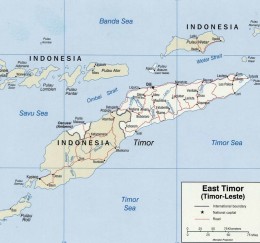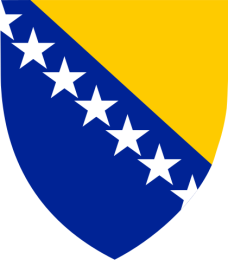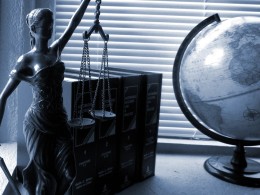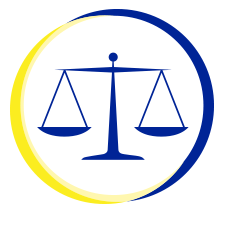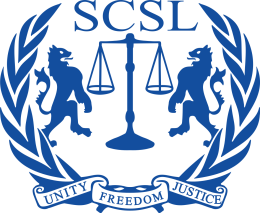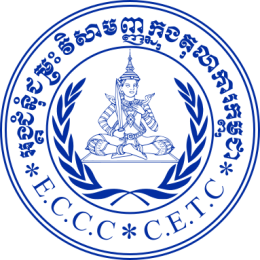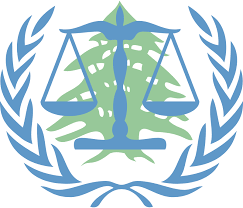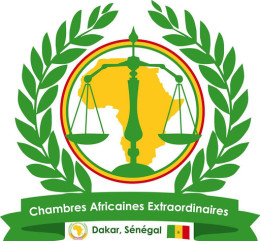East-Timor Tribunal
The Special Panels for Serious Crimes in East-Timor was established by the United Nations Transitional Administration in East-Timor (UNTAET). The UN acted as transitional authority between the 1999 end of Indonesian occupation and the independence of East-Timor in 2002.
The Special Panels were mandated to try the following serious criminal offences committed in 1999 in East-Timor: genocide, war crimes, crimes against humanity, murder, sexual offences and torture. The crimes had to be committed in East-Timor an/or needed to have been committed by or against citizens from East-Timor. The UNTAET also established the Serious Crimes Unit to investigate and prosecute alleged perpetrators.
The Special Panels have suffered from a lack of support and funding by both East-Timor and the UN. Furthermore, from the fact that Indonesia refused to cooperate, as well as the discontinuation of hundreds of investigations into criminal conduct.
The mandate of the Panels finished on 20 May 2005.

